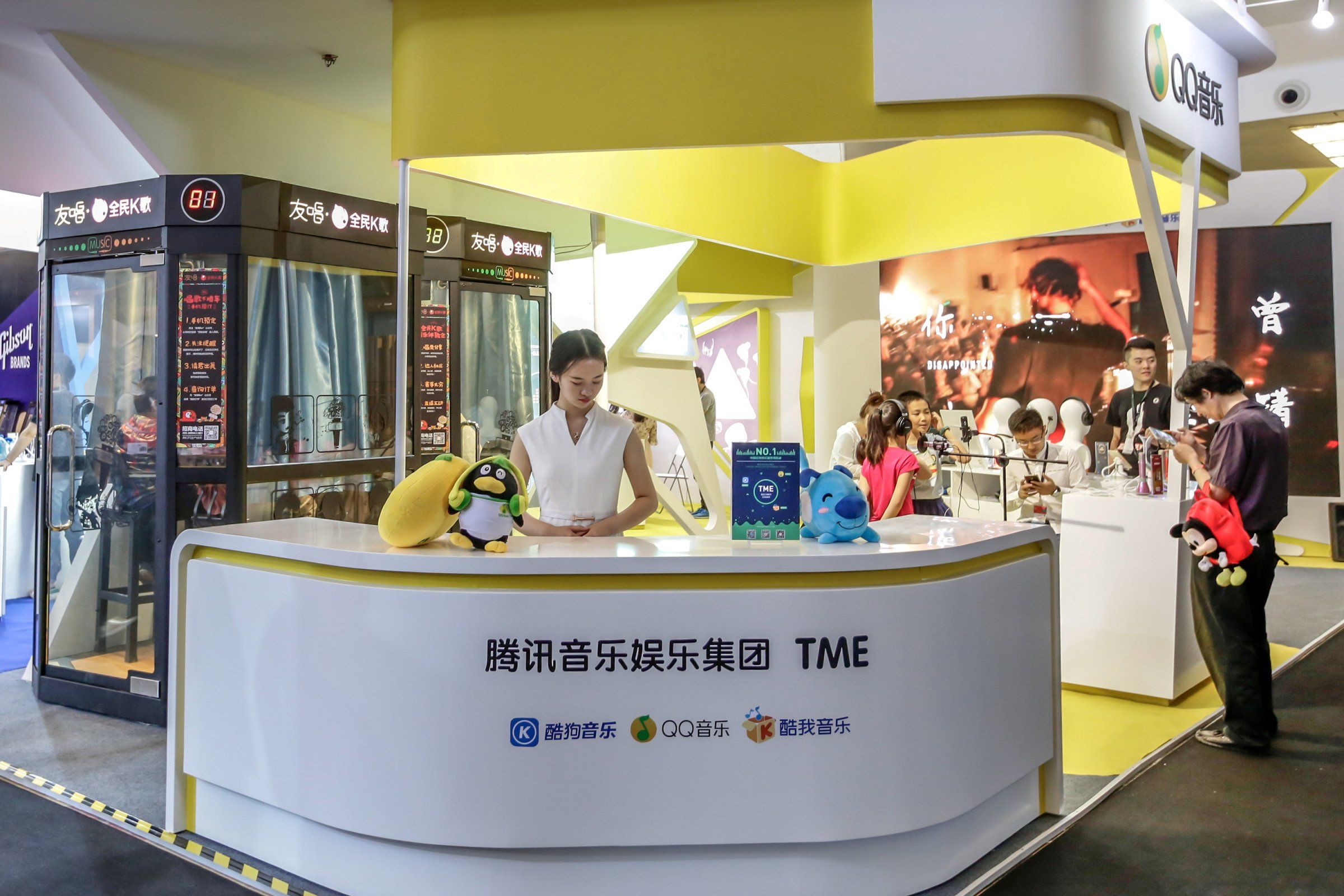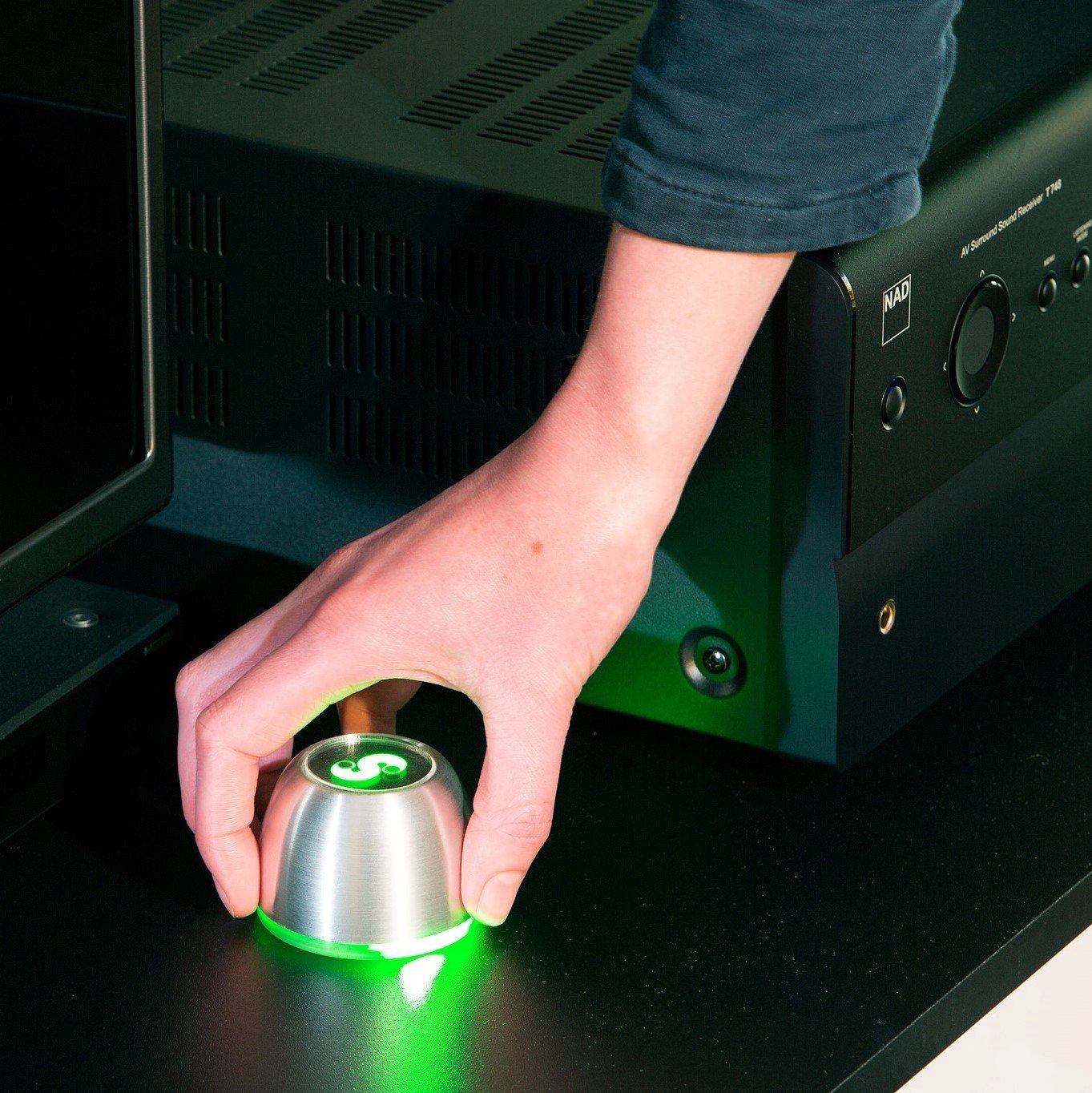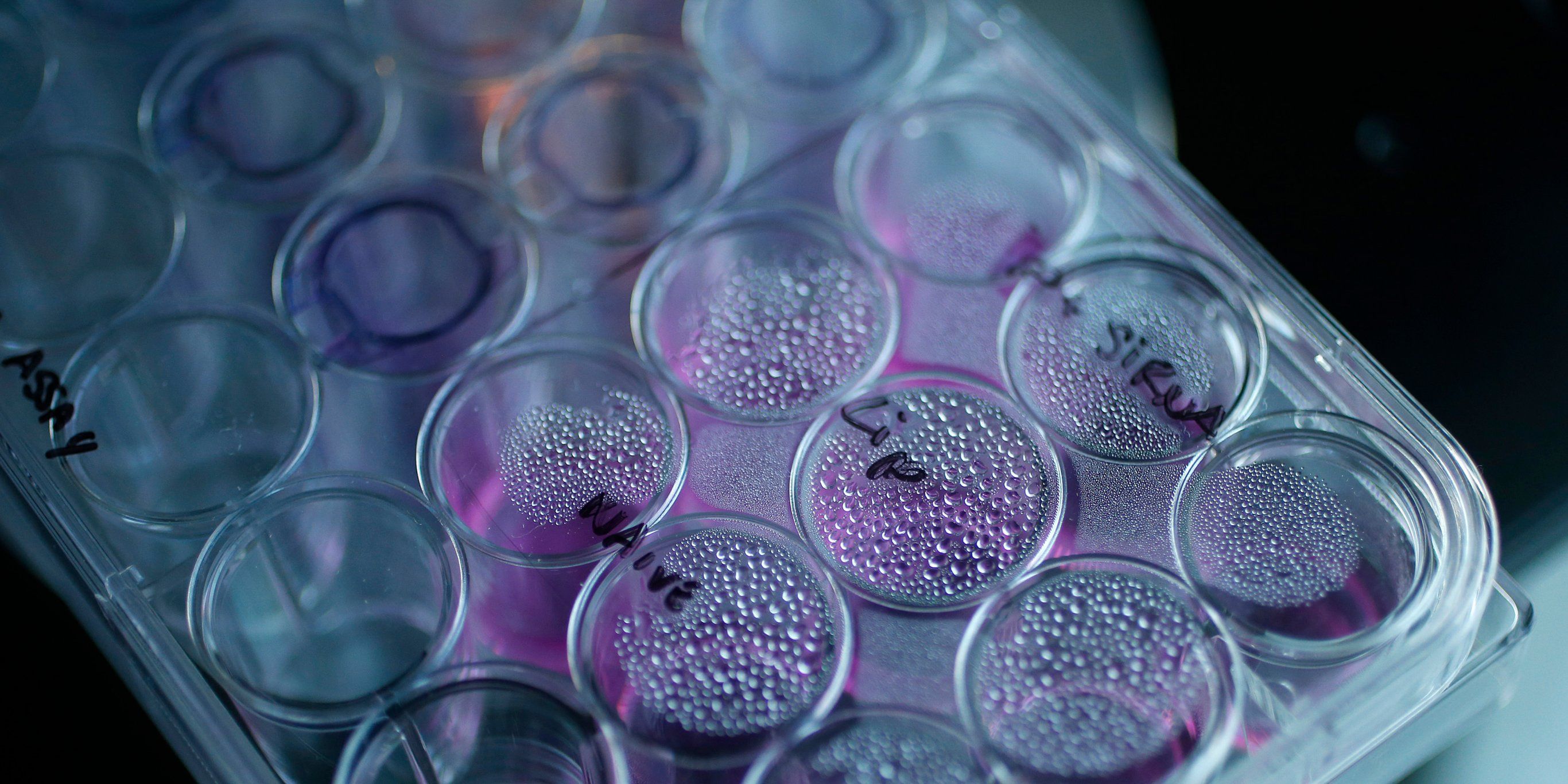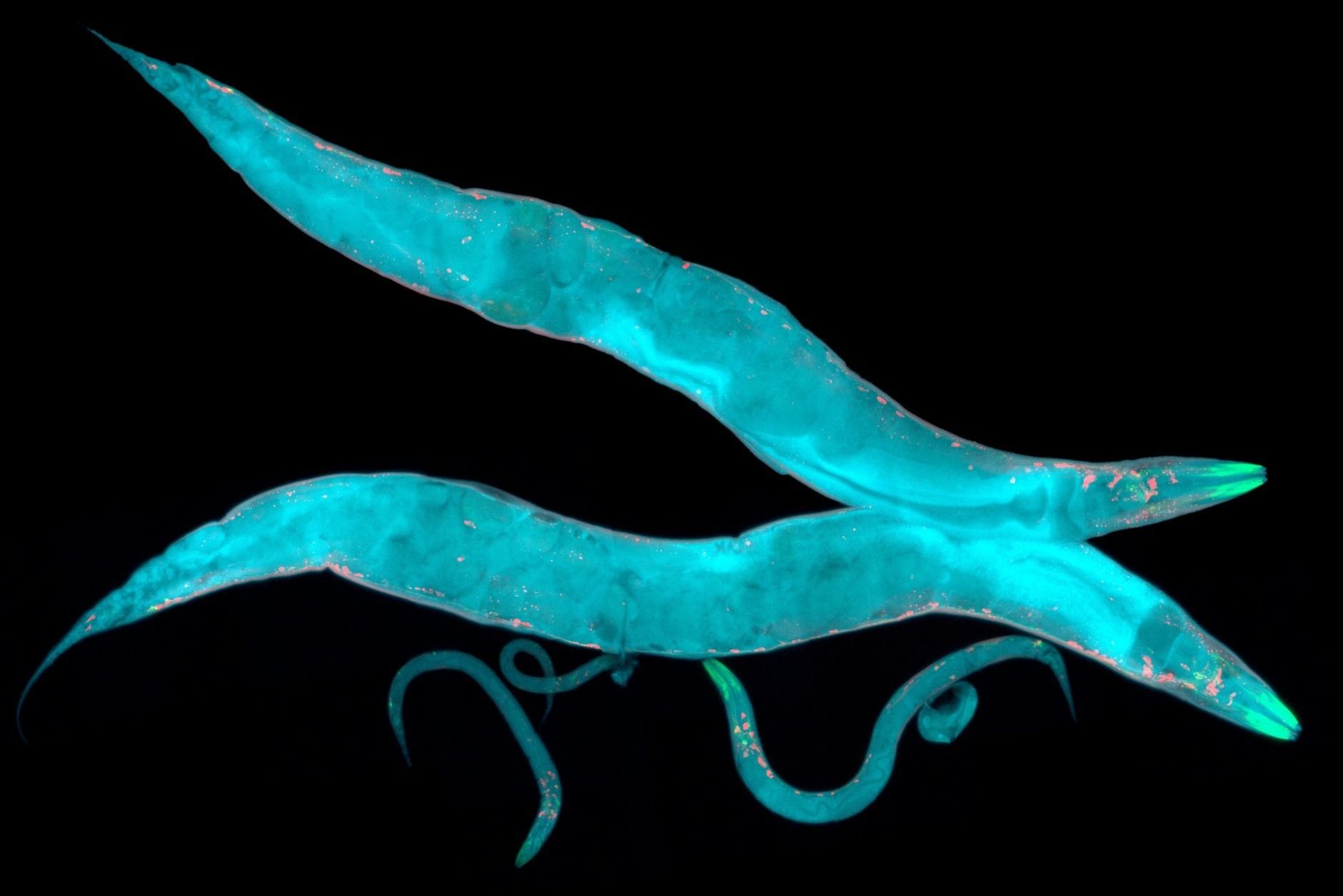The low price doesn’t come without some compromises. It’s not as fast or power efficient as previous Samsung SSDs, but then you’re paying a lot less for this new value drive that uses 4-bit QLC NAND.



Tencent Music Entertainment filed with the Securities and Exchange Commission on Monday to set the price for its US initial public offering — one day after President Donald Trump and Chinese President Xi Jinping announced a truce in the trade war between the US and China.
The China-based streaming-music service backed by tech giant Tencent said the offering price will be in the range of $13 and $15 per American Depository Receipt, helping it raise as much as $1.2 billion.


The Food and Drug Administration on Monday took an unconventional approach to approving a new cancer drug.
The drug, Vitrakvi, was developed by Loxo Oncology. It’s the company’s first drug to get approved.

For at least the last 10 million years every yeast cell of the sort used to make beer or bread has had 16 chromosomes. But now—thanks to CRISPR technology and some DNA tinkerers in China—there are living yeast with just one.
Genome organizer: We humans have our genes arranged on 46 chromosomes, yeast use 16, and there’s even a fern plant with 1260 of them. That’s just the way it is. And no one is quite sure why.
The big one: Do we really need so many chromosomes? That’s what Zhogjun Qin and colleagues at the Key Laboratory of Synthetic Biology in Shanghai wanted to know.
This four-legged robot can run, climb stairs, and apparently inspect offshore converters.
This camera can capture photons of light in slow motion 📷.
Interest in artificial neural networks has skyrocketed over the years as companies like Google and Facebook have invested heavily in machines that can think like humans. Today, an AI can recognize objects in photos or help generate realistic computer speech, but Nvidia has successfully built a neural network that can create an entire virtual world with the help of a game engine. The researchers speculate this “hybrid” approach could one day make AI-generated games a reality.
The system build by Nvidia engineers uses many of the same parts as other AI experiments, but they’re arranged in a slightly different way. To goal of the project was to create a simple driving simulator, but without using any humans to design the environment.
Like all neural networks, the system needed training data. Luckily, work on self-driving cars has ensured there’s plenty of training footage of a vehicle driving around city streets. The team used a segmentation network to recognize different object categories like trees, cars, sky, buildings, and so on. The segmented data is what Nvidia fed into its model, which used a generative adversarial network to improve the accuracy of the final output. Essentially, one network created rendered scenes, and a second network would pass or fail them. Over time, the network is tuned to only create believable data.

Thousands of microscopic worms will be launched into space — wriggling around in SpaceX’s next cargo shipment to the International Space Station aboard the SpaceX Dragon.
But the launch, which was planned for today (Dec. 4), has been postponed to tomorrow, and scientists are now worried that the worms will be a day “too old” for some of the planned experiments, according to the BBC.
If all goes well in spite of the delay, these tiny but mighty creatures with muscle structures very similar to that of humans, might help us understand why and how astronauts lose muscle mass in space. [Photos: The First Space Tourists].
Conditions encountered in the womb — when the embryo consists of only about 100 cells — can have life-long impact on health. Scientists previously assumed that this is because embryos respond to adverse conditions by programming their gene expression. Now an international team of researchers at the Leiden University Medical Center, Wageningen University and Research, Lund University, Columbia University Mailman School of Public Health in New York propose a radically different alternative. Rather than being programmed by the environment, random differences in gene expression may provide some embryos with a survival advantage, in particular when conditions are harsh. By studying DNA methylation, an important mechanism to control gene activity, the researchers found that a specific part of the DNA methylation pattern was missing among famine-exposed individuals. The findings are published in the journal Cell Reports.